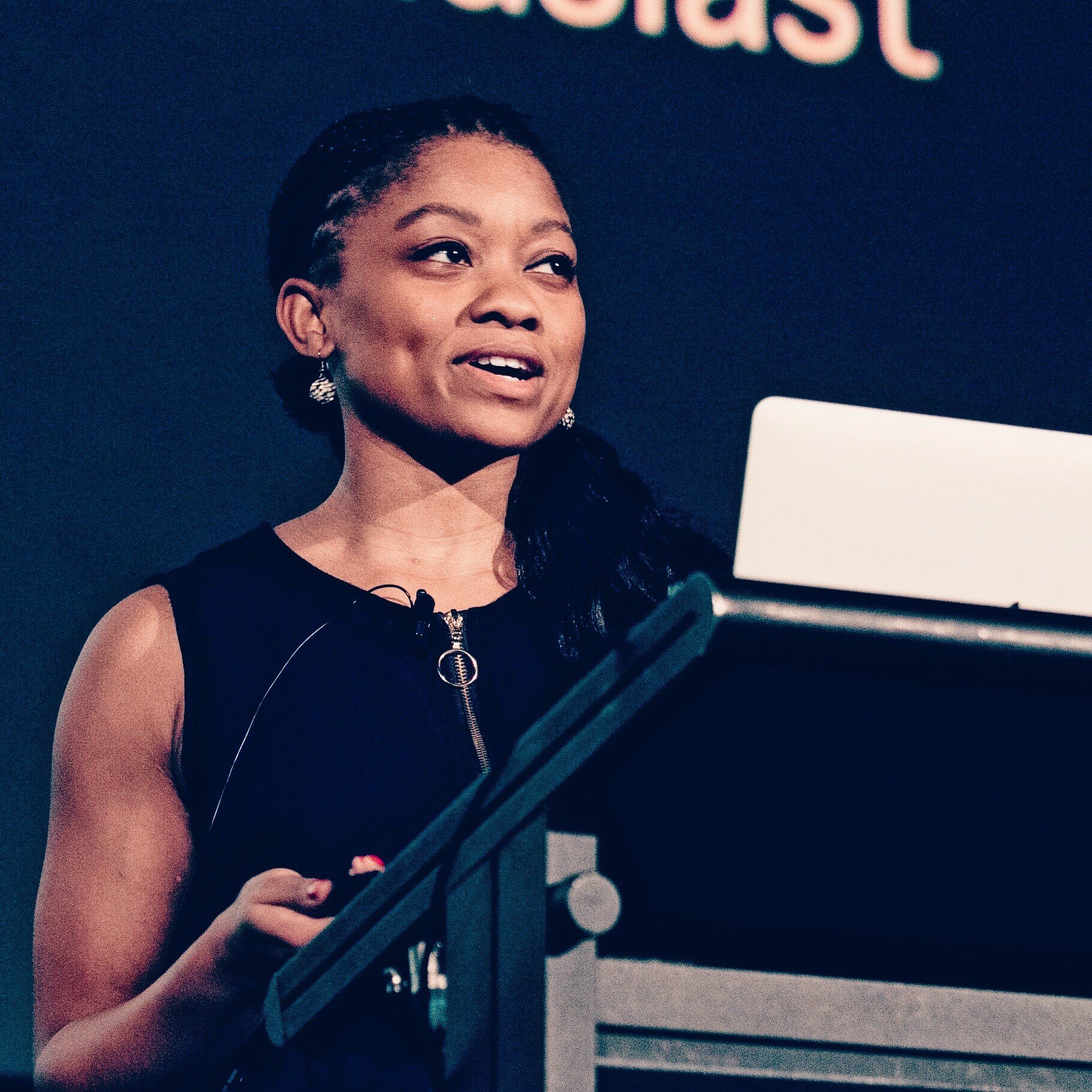Yes. Goodreads is cancer. And so is monopoly.
Happy Tuesday!
The latest episode in the corporate world’s consolidation frenzy is a trial, set upon the department of justice’s request, exploring a merger attempt between two of the biggest publishers in the world: Penguin Random House and Simon & Schuster.
More info here.
In the literary world, the merger’s announcement had already turned heads, and presents a major concern for us, indie authors.
The Big Five already resort to shady tactics to crush the smaller structures such as bidding on unused ad slots to own the advertisement space, leveraging connections with mainstream press outlets to gain exclusivity in coverage, fabricating reviews coming from authors within the same publisher, buying social media influencers to generate good PR etc…
But the tentative acquisition of Simon & Schuster by Penguin Random House would be another big blow dealt to independent artists who wish to retain creative control and ownership and truly value diversity (not as a token).
They would be owning 49% of the nation’s anticipated top-selling books market. Yes. 49%. Of course, despite the false promises and reassurances formulated by Penguin Random House, the defendant, we know how monopoly affects the marketplace (basic economics and a study of corporations track record in that matter):
Restricting choice for consumers. Already obsessed with market drivers and popular tropes, Penguin would further sway the publishing world towards producing uninspired stories whose sole purpose is to replicate plot devices they believe sell (enemies to lovers, love triangle, happy endings, smut etc…), even though they forced most of them on the general public, who never had a chance to demand more (although it’s also the readership’s responsibility to explore and promote innovative work, but it’s a complex subject that needs further exploring).
Threatening authors and consumers sovereignty. Less competition and bigger market shares means Penguin Random House will have more leverage when negotiating contracts with authors (lower compensations) and distributing their stories (higher retail price).
Another challenge for indies. Less advertisement space and coverage opportunities for us independent authors. It is already near impossible to compete with the billion dollar giants, but this situation would further compromise our chances.
Now, what does it have to do with Goodreads, which is in the article’s very own title? Well, the recent developments had me thinking about creative ownership and the current state of the publishing industry.
And I realized that I had to keep fighting the good fight, despite my frustrations with the current landscape and market.
So, as I’m working on my next big project (it’s cooking!), I am operating a few changes in my distribution and promotion strategy. It is time we, self-published authors, retake control of our narrative and stand against shady practices.
Earlier this year, after being review bombed on Goodreads by members of the “booktok” community for simply pointing out that social media spaces could use a wider variety of promoted stories with more diverse characters and plots (back to the tropes mentioned above), I decided to contact their customer support to address the one-star reviews I had received from unverified profiles within the same day, and with ZERO textual content.
To me and my readers (who also reported those), it was an obvious violation of the review guidelines shared by Amazon and Goodreads (the former owns the latter). After a few attempts at reaching out, I was given this response: “we have not detected any violation of our guidelines.” Ok. Despite more than 37 formal reports by my core readers? Makes sense.
I hit a wall. So, as an artist who is HUGE on ownership, I requested a removal of my books listings from Goodreads’ database, considering they could not properly address an obvious attack on my brand and products. My livelihood. That’s when I found out two things.
First, I’m not alone in this situation. Check this article from the Time, but a google search will reveal more recent incidents.
Many indie authors are getting review bombed and are left to deal with the issue themselves, either through campaigning or legal procedures. Second, Goodreads does not honor creative rights.
When requesting a deletion of my books from their database, they refused, claiming that their listing is not the actual product and not subject to copyright claims, and that they needed to maintain their database current. Once I reach a certain volume in commercial sales, I will address that issue through legal channels but as of now, my first two books are still listed on there, which affects my credibility, my ranks, and my ratings on Google Search, among other things. Amazon adopts the same approach when removing books from their platform (which is even more problematic).
There is a much better alternative to Goodreads, an outdated platform with a horrible user experience and a faulty moderation system (FYI, you can create an account and review without verifying your email. Yikes).
Nadia Odunayo - Founder and CEO - The StoryGraph
A black-owned business with a modern interface and a powerful algorithm analyzing your reading patterns and tastes, The StoryGraph is everything you need.
I had the honor and privilege of speaking with Nadia’s collaborators when I joined and discussing the future of the platform. And it is promising!!!! Goodreads, which was acquired by Amazon in 2013 for about $150 million, has not operated any major changes since because, once more (see above), monopoly.
Readers and authors, I invite you to join me there, supporting more equitable and rewarding ways of promoting our love for storytelling.
We can drive meaningful changes in this landscape, rebuilding one stone at a time.
--



